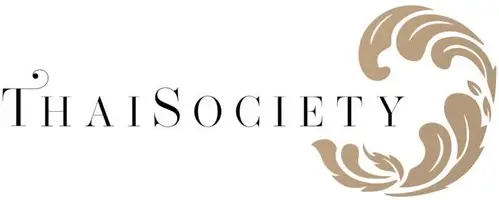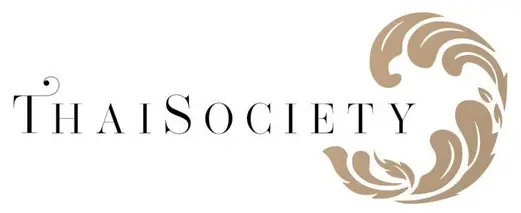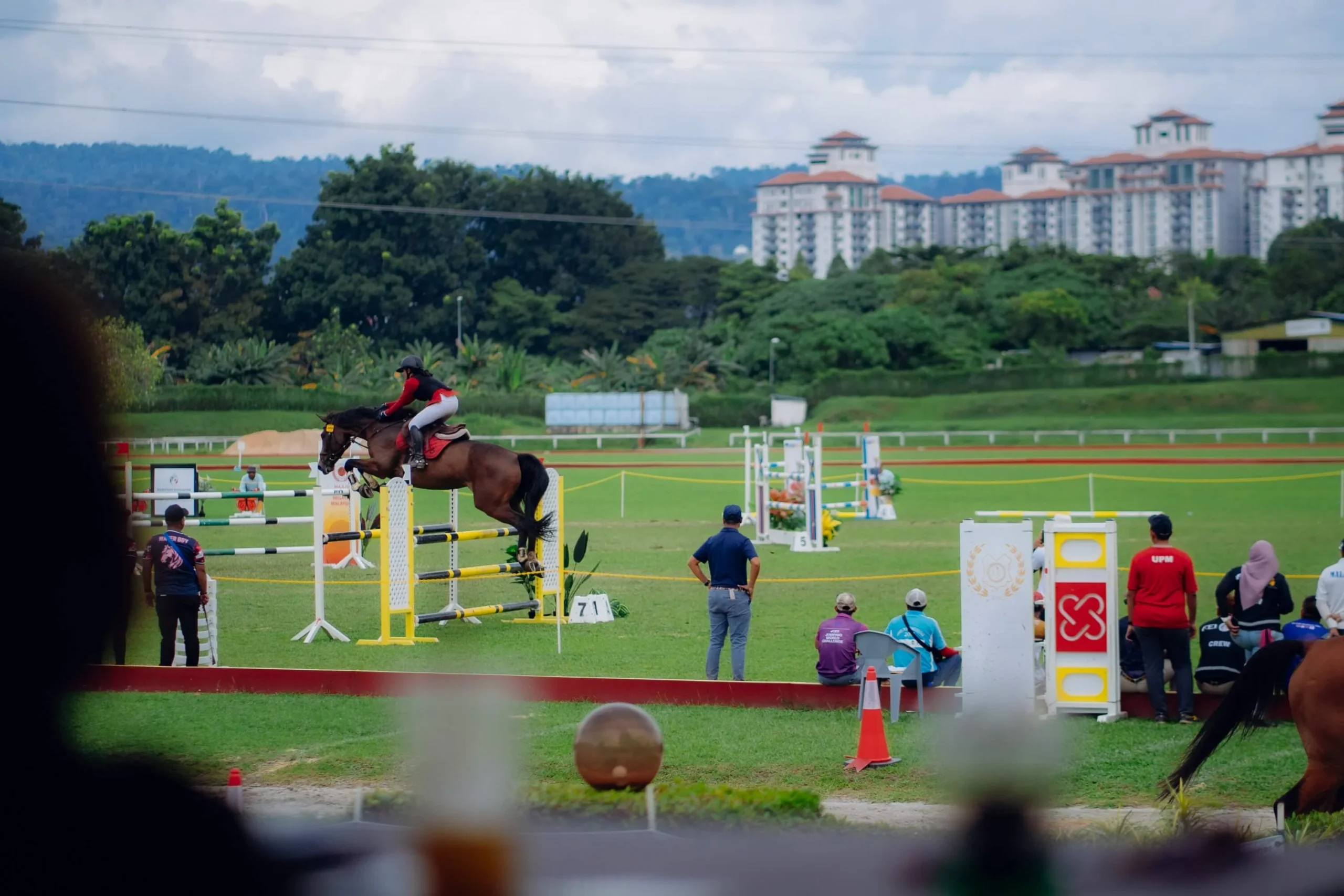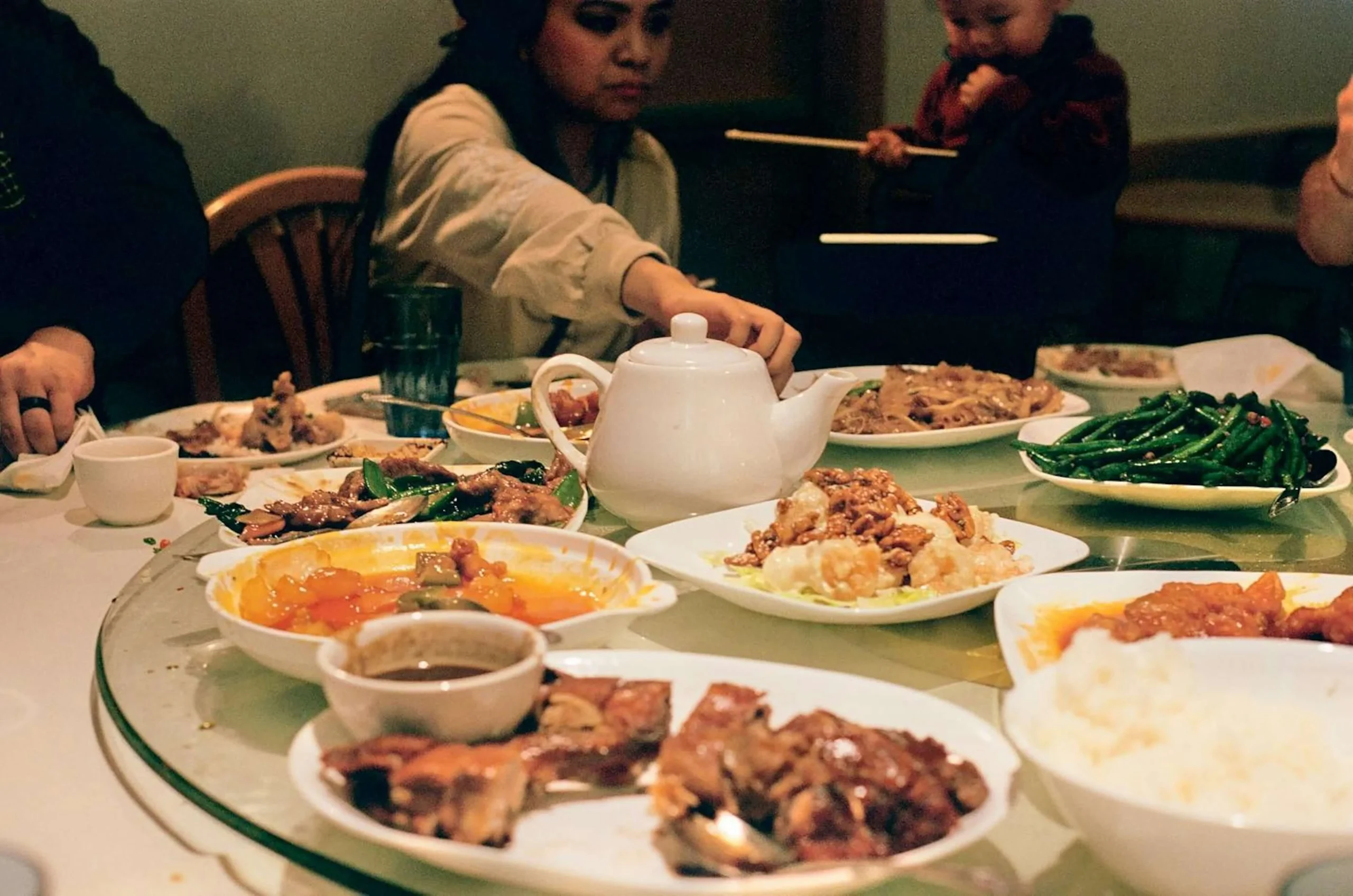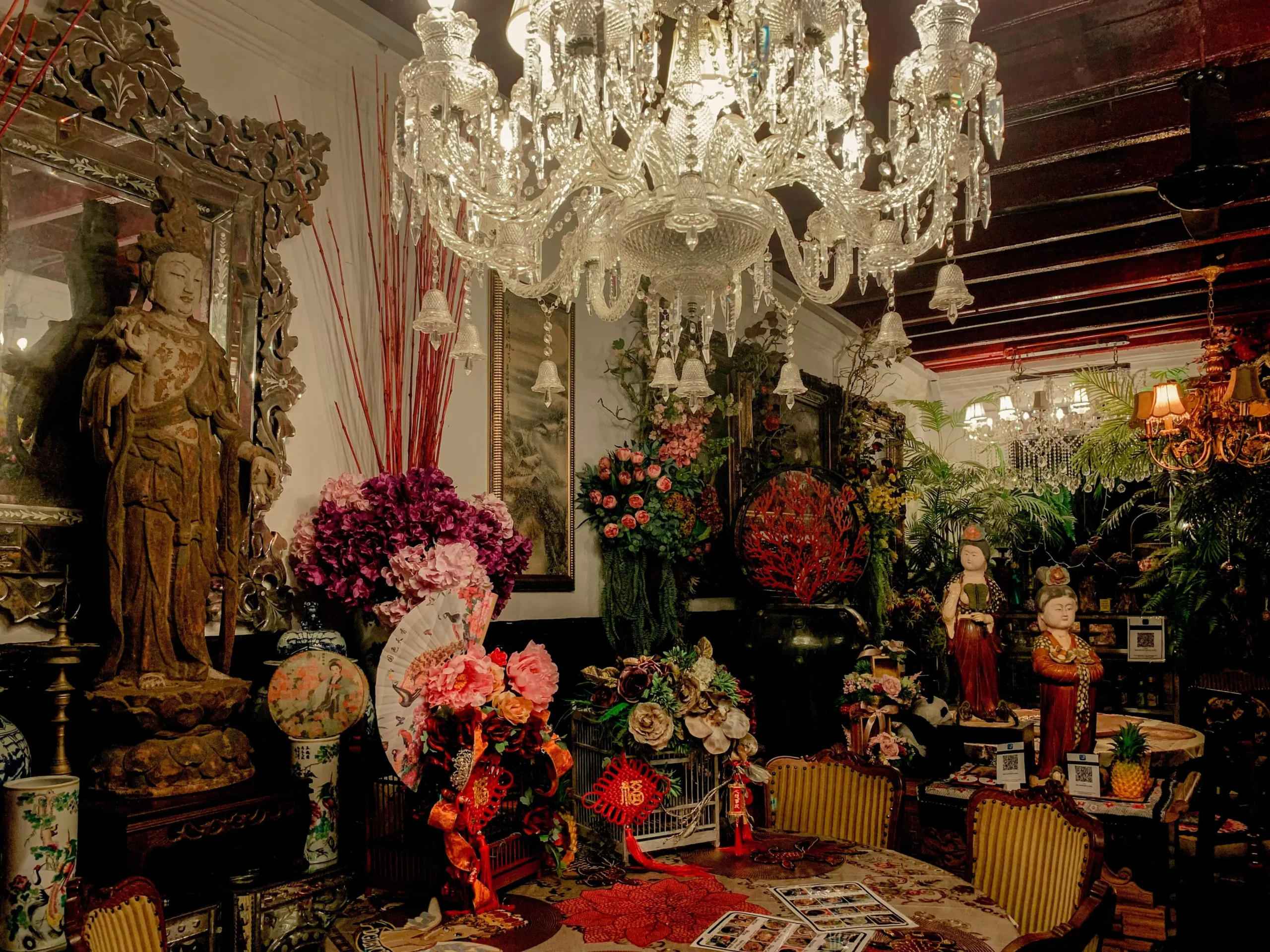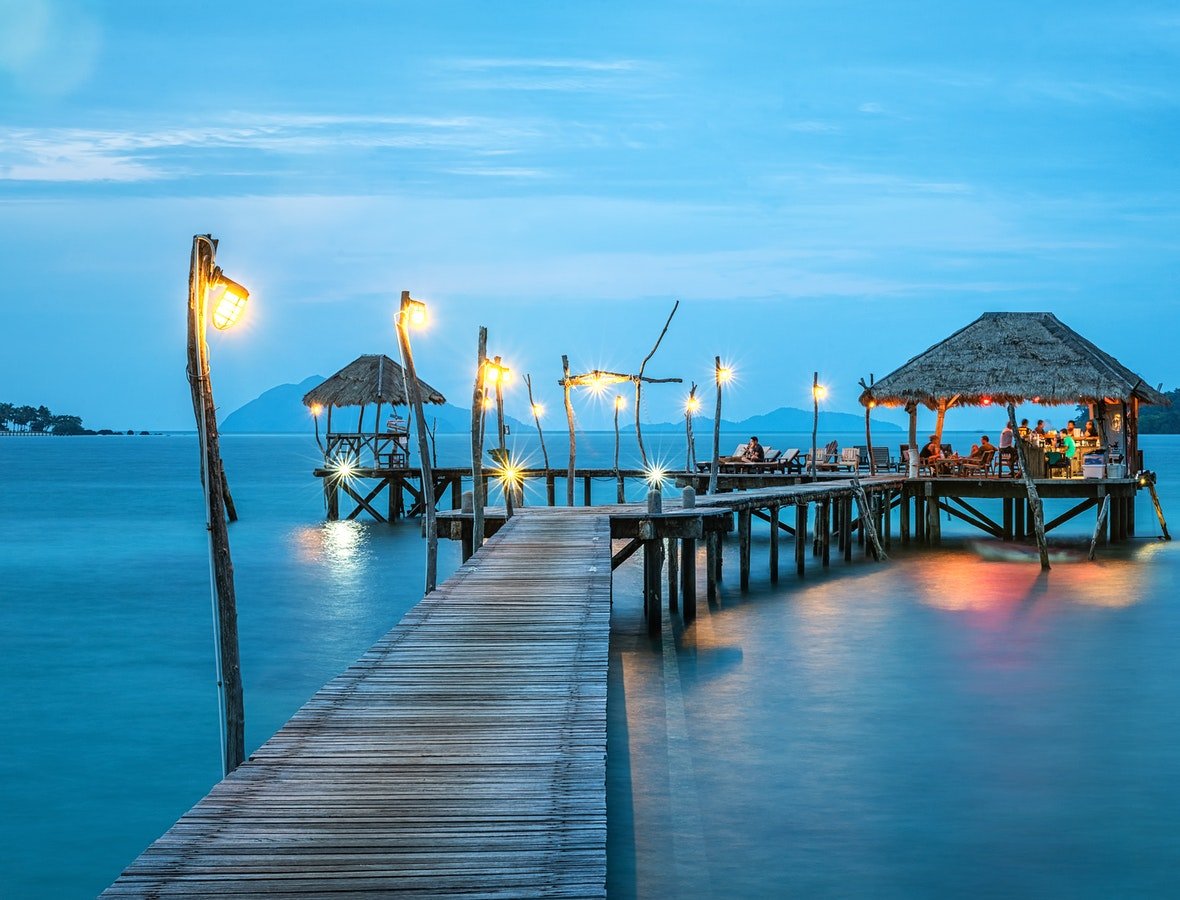In Thailand’s high society, sports are rarely just games. They are curated stages where heritage, refinement, and belonging are displayed. To compete, to spectate, or simply to be present at the right grounds is to participate in a quiet language of status—one that signals tradition, cosmopolitanism, and access without ever needing to be spoken aloud.
Among the most enduring pursuits is equestrian sport. Horses have long been tied to monarchy, military tradition, and noble upbringing in Thailand. At the Royal Bangkok Sports Club, equestrian grounds remain a symbol of heritage, and the families who ride there often continue a lineage of refinement that stretches back generations. The expense of maintaining horses, training with international coaches, or sending children abroad to compete in show-jumping and dressage subtly separates those with mere wealth from those whose lives have been shaped by culture and discipline from childhood.
From the saddle, the path naturally extends to polo, a sport once closely associated with Thai royalty. King Rama VI was a notable patron, and his legacy remains visible in the polo grounds of Bangkok and Pattaya. The Thai Polo & Equestrian Club, in particular, has become a stage where international tournaments meet Thai high society rituals. A match is rarely about victory alone—it is about the manner of arrival, the understated elegance of attire, and the connections renewed between old families. Sponsorship of these events often doubles as subtle philanthropy or corporate diplomacy, a way of demonstrating influence without ostentation.
Golf, by contrast, reflects cosmopolitan sophistication. Thailand’s elite embrace the game not simply for sport but as a bridge between business and leisure. On the greens of Amata Spring, Thai Country Club, and Alpine Golf Club, conversations move seamlessly between handicaps and investment opportunities. To walk eighteen holes is to participate in a form of social negotiation where refinement is measured not by a scorecard but by the ease of interaction. Golf in Thailand has long been intertwined with global exposure—those who play well often carry not just skill, but also the polish of international education and travel.
For others, water is the chosen stage. Yachting has emerged as the new emblem of global identity, centered on Phuket’s marinas and regattas. The King’s Cup Regatta, founded in 1987 to honor King Rama IX, has grown into Southeast Asia’s most prestigious sailing event, drawing both local elites and an international circuit of investors, diplomats, and tastemakers. Here, the yacht itself becomes a symbol: ownership or even regular chartering suggests not only financial capability but also an ease within the global language of leisure. Participation in these regattas is less about competition and more about presence—the ability to navigate both sea and society with equal fluency.
What unites these sports is not the activity itself but the unspoken codes they carry. To ride, to swing, or to sail in these circles is to show fluency in a ritualized culture. It is about the way one greets acquaintances at the clubhouse, the discretion in discussing horses or courses, the balance between Thai tradition and international sophistication. Each pursuit signals something precise: equestrianism speaks of lineage, polo of aristocratic heritage, golf of global polish, and yachting of cosmopolitan freedom.
For the outsider looking in, the lesson is unmistakable. In Thailand’s high society, sport is never simply about leisure. It is a form of cultural capital, each pursuit chosen for the story it tells about education, lineage, and the company one keeps. Whether astride a horse, on the green, or at the helm of a yacht, these arenas remain the stages where refinement and influence are performed with elegance—always understated, yet always unmistakable.
